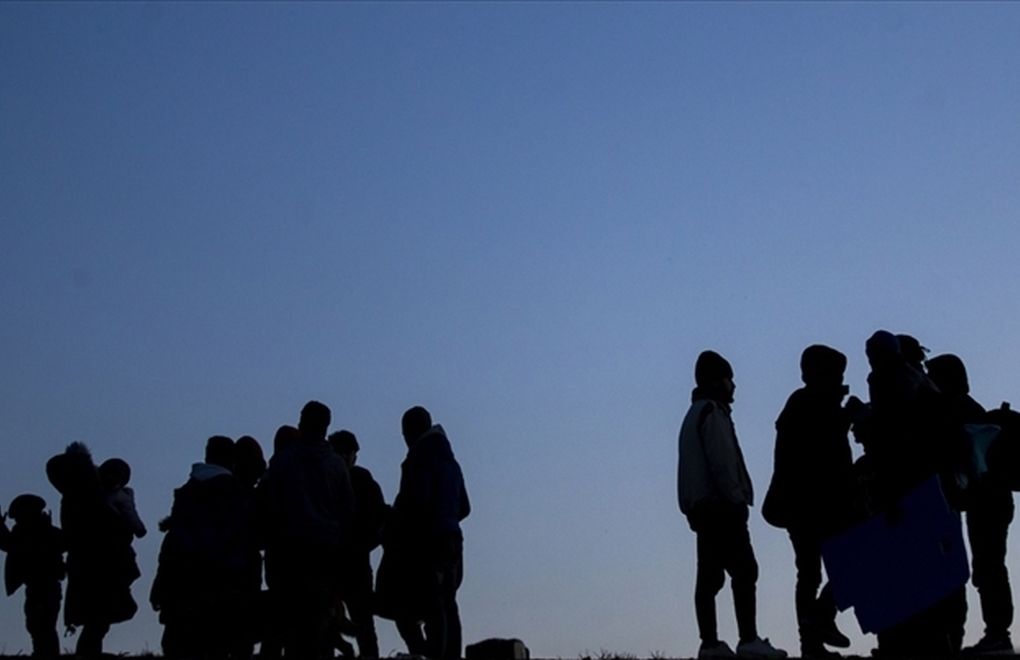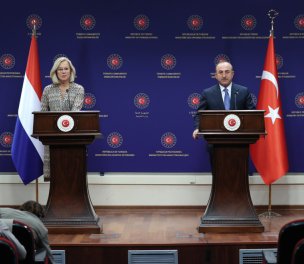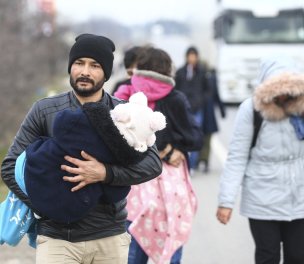Netherlands suspends refugee admissions from Türkiye until end of 2023

Photo: AA
Click to read the article in Turkish
The Netherlands has decided to suspend the reception of asylum seekers from Türkiye despite a 2016 deal between Ankara and the EU.
The country will "no longer admit people under the EU-Turkey Statement until the end of 2023," its Justice and Security Ministry said on Friday (August 26).
The ministry asserted that the Netherlands has admitted "a relatively large number of Syrians" since the EU-Türkiye Readmission Agreement was signed.
According to the agreement, Türkiye is supposed to readmit all irregular asylum-seekers who reach the Greece's islands from its territory. In exchange, the EU agreed to resettle Syrian refugees from Türkiye and offer financial assistance for the refugees it hosts.
The Netherlands "continues to consider these agreements important and will also start implementing them again from 2024. But in the current situation that is irresponsible," according to the ministry statement.
"A solid package of measures should improve our asylum reception and the situation in Ter Apel as quickly as possible. With support from the region, we are taking the necessary steps to handle asylum procedures in a humane and dignified manner," State Secretary for Justice and Security Eric van der Burg wrote on Twitter.
"Crisis" in asylum center
The Cabinet decided to take measures to alleviate the reception of asylum seekers amid the situation at the asylum application center in Ter Apel, which lasted for months and turned into a national crisis.
While the Dutch government was attempting to address the problem, the Dutch Red Cross set up tents in the garden of the center because of the lack of beds but removed them following backlash.
Despite the removal of the tents, many refugees, including women, children and the elderly, continued to sleep in the garden.
The government has been struggling to find places for asylum seekers due to the lack of space at asylum centers and the inability of municipalities to provide shelter for refugees.
While the government was attempting to facilitate the transfer of a hotel purchased in the village of Albergen to the Central Agency for the Reception of Asylum Seekers to accommodate 300 refugees, it faced protests from residents.
In addition, Van der Burg had proposed to turn cruisers into temporary accommodation centers to help resolve the problem. (SD/VK)




.jpg)


